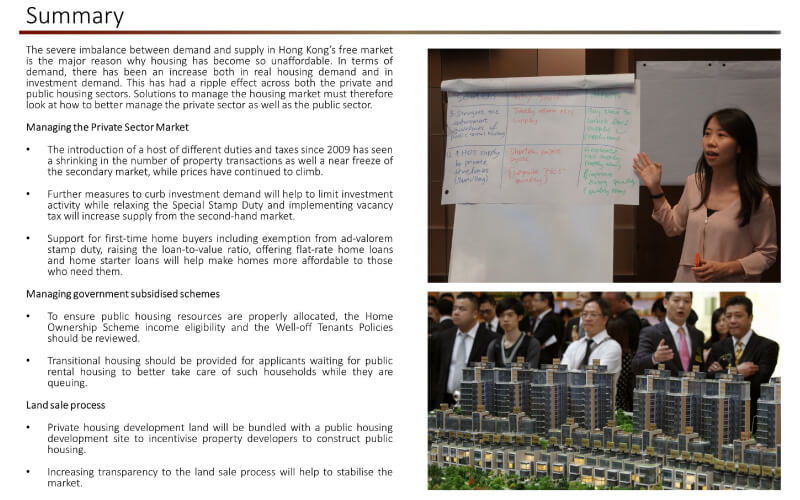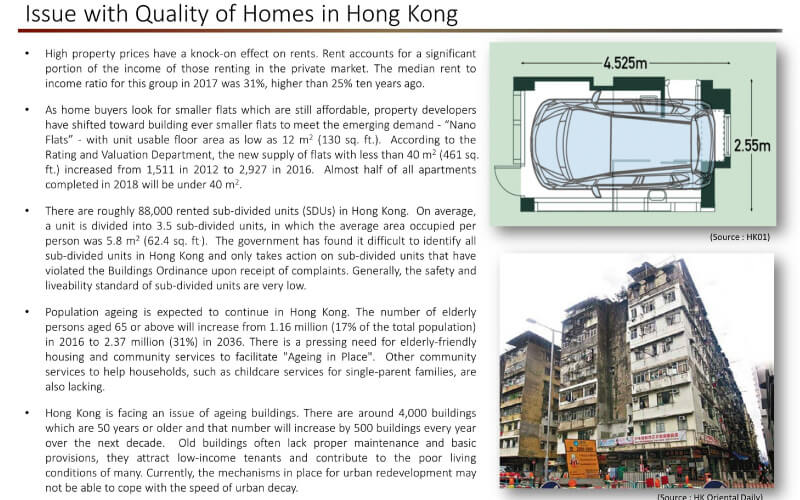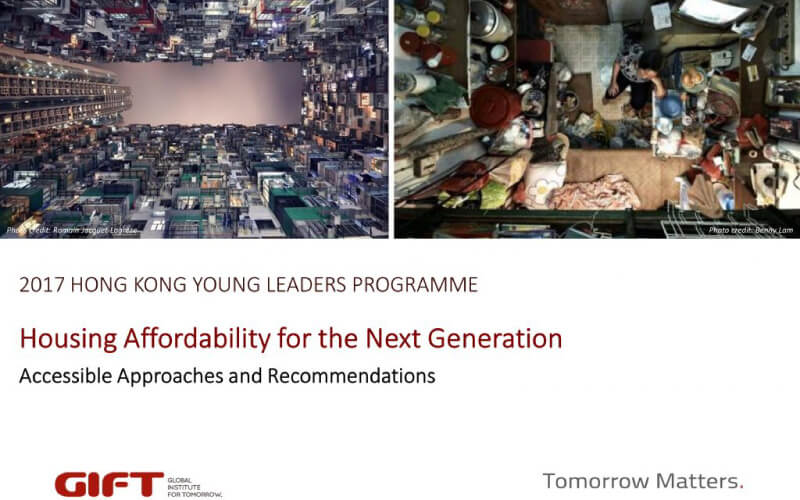
LAVINIA ABIRAMI
MARKETING & BUSINESS DEVELOPMENT ASSOCIATE
Lavinia is a part of the Communications and Marketing team at GIFT, where she excels in crafting compelling content and deploying copies across various platforms, including newsletters, websites, and social media channels. With a passion for writing, Lavinia brings creativity and dedication to her work, striving to enhance GIFT’s visibility and engagement.
Prior to GIFT, Lavinia served as a project management intern at Accenture, where she was tasked with improving document management processes and monitored various project dashboards. Beyond her professional endeavours, Lavinia is deeply committed to making a difference in her community. As a volunteer for MED-EL, she educates and supports new users of cochlear implants, drawing from her own experiences as a deaf individual.
Lavinia is a recent graduate from Monash University Malaysia with a Bachelor’s degree in Business and Commerce. She speaks and writes fluently in both English and Malay.































